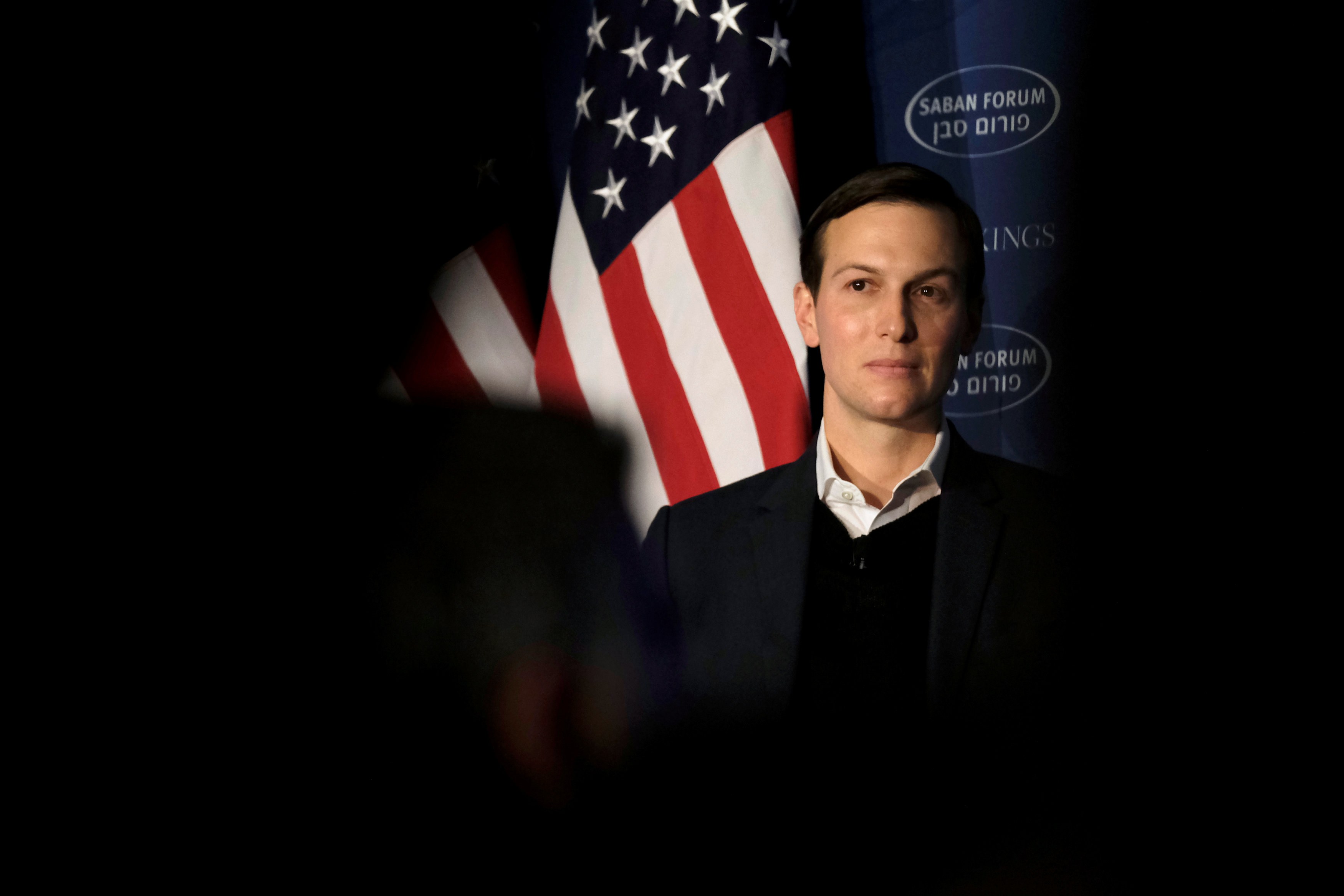
By Ece Toksabay
ANKARA (Reuters) – The jailed leader of Turkey’s pro-Kurdish opposition went on trial on Thursday, 13 months after his arrest on terrorism-related charges, facing up to 142 years in prison in a case closely watched by rights groups and Western governments.
Selahattin Demirtas, the co-leader of the Peoples’ Democratic Party (HDP), was not allowed to appear in court for security reasons and refused to take part via video link. A state prosecutor demanded he remain in jail during the trial.
A former human rights lawyer, Demirtas was arrested on Nov. 4 last year, one of more than a dozen HDP lawmakers who were arrested in a crackdown following last year’s attempted coup.
A crowd of several hundred gathered to show support for Demirtas in snowy weather outside the court near the capital Ankara. They joined hands and danced around small fires, singing songs in Kurdish. “Demirtas is our honor,” they chanted.
Demirtas and other detained HDP members are mostly accused of links to the Kurdistan Workers Party (PKK) militant group, which has conducted a decades-old insurgency in which 40,000 people have been killed. The group is deemed a terrorist organization by the United States, Turkey and Europe. All of the accused deny the charges.
The HDP is the third-largest party in Turkey’s parliament. The party’s other co-leader, Figen Yuksekdag, also jailed pending trial on terrorism charges, was remanded in custody by an Ankara court on Wednesday.
PROTESTS BANNED
Demirtas is held in a jail in the northwestern city of Edirne. The case was to be held within the city of Ankara itself but was moved to the Sincan prison complex outside the capital, two days before the trial, because of security concerns.
European parliamentarians, Western diplomats and rights group representatives attended the session in the small court room with a capacity of 120 people. The HDP said 1,250 lawyers sought to defend Demirtas.
The HDP said in a statement the indictment largely consists of press releases and speeches Demirtas has made at conferences, panels and similar legal and political activities.
The charges aimed at Demirtas included “establishing a terrorist organization”, “spreading terror group propaganda” and “praising crimes and criminals”.
Authorities banned protests across Ankara province for the three days until Friday for security reasons after the HDP called for protests to mark the hearing of Demirtas and other party officials, the governor’s office said in a statement.
About 150,000 people have been sacked or suspended and roughly 50,000 people have been jailed pending trial since last year’s failed coup. Rights groups and some Western allies say Erdogan has used the putsch as an excuse to quash dissent. The HDP says as many as 5,000 of its members have been detained.
Erdogan says such measures were necessary given the danger represented by the putsch in which 250 people were killed.
(Writing by Daren Butler; Editing by David Dolan and Andrew Heavens)








